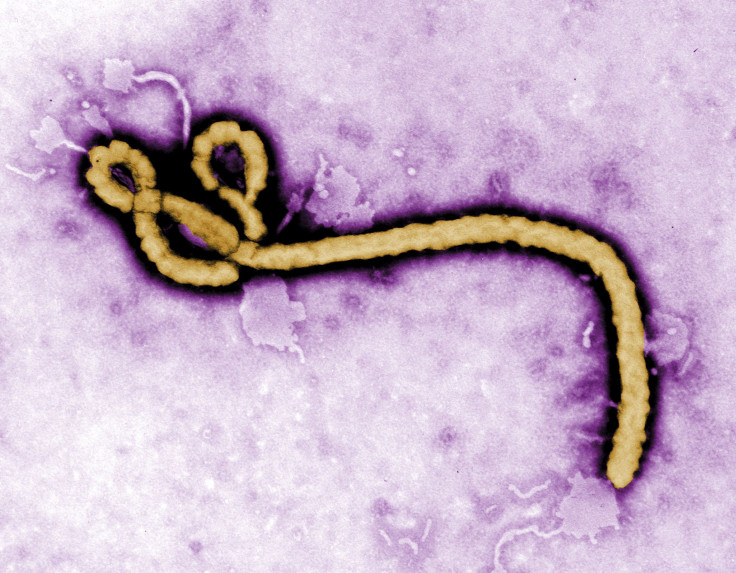Is Disease X Here? New Superbugs And Infectious Diseases Discovered

Fears over a new pandemic emerged after a health agency in the U.K. reported that it has discovered 19 new drug-resistant superbugs and 12 infectious diseases in the last decade. The discovery of the superbugs and other pathogens has led medical experts to call on more effective health measures to prevent a possible Disease X outbreak.
Earlier this week, Public Health England (PHE), which is an executive agency in the U.K.’s Department of Health and Social Care, reported that it has discovered 19 new superbugs in the last 10 years. According to the agency, the organisms behind the superbugs appear to be evolved versions of the bacteria responsible for various conditions such as MRSA, Enterococcus and gonorrhea, The Herald Publicist reported.
Medical experts noted that the superbugs caused various conditions among patients such as urinary tract infections as well as kidney and bowel illnesses. According to the PHE, patients who were infected by the superbugs did not respond to last-resort antibiotics. Instead, doctors had to use experimental and unlicensed medicine as well as a combination of outdated drugs to cure the patients.
In addition to the superbugs, the PHE also identified 12 pathogens in the U.K. One of these is the Crimean-Congo hemorrhagic, which is similar to the Ebola virus. The PHE also noted that tularemia, which is a life-threatening disease spread by rodents and rabbits in the U.S., has already found its way to the U.K., The Telegraph reported.
Due to the emergence of the new and evolved diseases and viruses, medical experts warned about the emergence of Disease X, which is a codename for an unknown pathogen that’s capable of causing an epidemic or even a pandemic in the future. Although its nature is still unknown, the World Health Organization has included Disease X in its priority list of dangerous pathogens along with the Ebola virus.
Dr. Sharon Peacock, the director of the PHE’s National Infection Service noted that medical agencies around the world should be ready for the arrival of Disease X. Since diseases and viruses are now evolving, agencies should do the same in coming up with newer and more effective techniques in combating pathogens.
“Infectious diseases are evolving and we must continue to innovate and strengthen the science that keeps us safe – whether that’s whole genome sequencing to rapidly contain outbreaks of known infections or enhanced surveillance and preparedness for when an unknown disease strikes,” she said.
© Copyright IBTimes 2025. All rights reserved.





















